
The following is a snap-shot of funding opportunities that have been announced. Please follow the links for more information:
Cancer Research UK
Tobacco advisory group project grants
TAG is looking for project grant applications for policy research and policy advocacy activities in tobacco control. Maximum Award: £20000 – 50000 per year for 1 or 2 years Deadline: 1 December 2016
Academy of Medical Sciences
Springboard – health of the public 20140 grant scheme
The Academy’s ‘Health of the Public in 2040’ initiative aims to identify the main health challenges the UK population will face by 2040 and recognises that, in order to solve many of these issues, a multidisciplinary approach will be required.
Maximum Award: £25000 – £50000 Deadline: 12 December 2016
Medical Research Foundation
Child & young adult mental health
A key aim of this call is to encourage researchers already working in associated areas or on other relevant clinical research to re-prioritise these topics and enable the exploitation of existing resources and cohorts to develop hypotheses exploring the underlying biology and psychology of either of these diverse mental health conditions.
Maximum Award: £300000 Deadline: 31 January 2017
Director-General for Communications Networks, Content & Technology, EU
Pilot project for developing use of new technologies and digital tools in education
The aim of this pilot project is to identify existing digital learning solutions that can support teachers in the classroom and parents at home with pupils having attention-deficit hyperactivity disorder and/or concentration problems, and to provide good practice examples where technology has been successfully used in daily classroom activities to help pupils with attention-deficit hyperactivity disorder and concentration problems.
Maximum Award: Unknown, total budget for call is €400000 for 2 years Deadline: 14 November 2016
Directorate-General for Educatio & Culture, EU
European co-operation projects
These support the capacity of the European cultural and creative sectors to operate transnationally and internationally, and to promote the transnational circulation and mobility of cultural and creative works.
Maximum Award: €200000 for small projects and €2 million for large projects Deadline: 23 November 2016
If you are interested in submitting to any of the above calls you must contact your RKEO Funding Development Officer with adequate notice before the deadline.
For more funding opportunities that are most relevant to you, you can set up your own personalised alerts on Research Professional. If you need help setting these up, just ask your School’s/Faculty’s Funding Development Officer in RKEO or view the recent blog post here.
If thinking of applying, why not add notification of your interest on Research Professional’s record of the bid so that BU colleagues can see your intention to bid and contact you to collaborate.
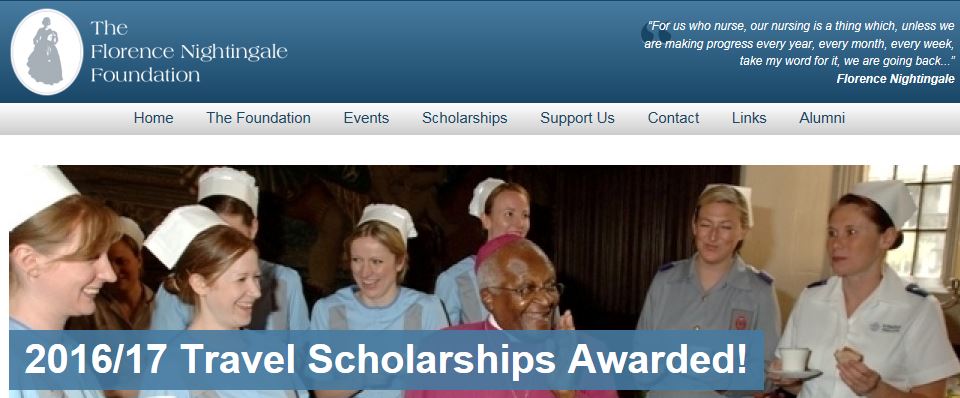 Dr. Vanessa Heaslip in the Faculty of Health & Social Sciences (FHSS) has been awarded a Florence Nightingale Travel Scholarship. She will be using this prestigious award to travel to New Zealand and various locations in the United Kingdom. She is hoping to learn from New Zealand, which is decades ahead in tackling these issues, to establish, adapt and develop principles for implementation in the UK. Vanessa’s study funded by the Florence Nightingale Foudation is called: “Towards addressing health inequalities of marginalised communities; using Gypsy Roma Travellers (GRT) as the model.”
Dr. Vanessa Heaslip in the Faculty of Health & Social Sciences (FHSS) has been awarded a Florence Nightingale Travel Scholarship. She will be using this prestigious award to travel to New Zealand and various locations in the United Kingdom. She is hoping to learn from New Zealand, which is decades ahead in tackling these issues, to establish, adapt and develop principles for implementation in the UK. Vanessa’s study funded by the Florence Nightingale Foudation is called: “Towards addressing health inequalities of marginalised communities; using Gypsy Roma Travellers (GRT) as the model.” 
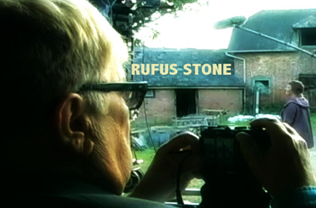
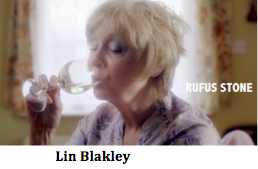 l guest at the screening will be the actor Lin Blakley who played “Abigail” as an adult in RUFUS STONE, and who has lately been seen as Pam Coker, a major role, in EastEnders.
l guest at the screening will be the actor Lin Blakley who played “Abigail” as an adult in RUFUS STONE, and who has lately been seen as Pam Coker, a major role, in EastEnders. 
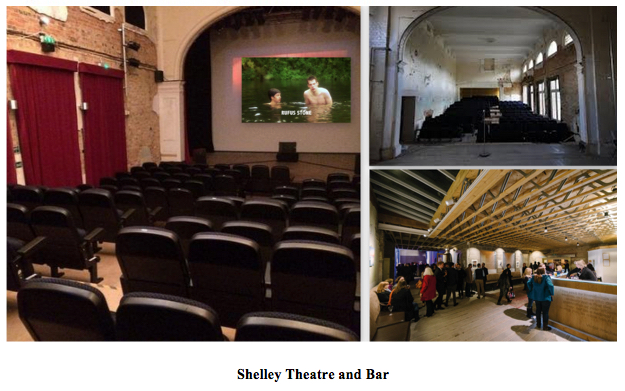 Watch the Trailer for RUFUS STONE:
Watch the Trailer for RUFUS STONE: 
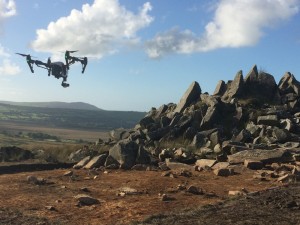




 Recent advances in neonatal care have led to improved survival rates for preterm infants, but this has led to greater challenges in providing these survivors with adequate nutrition. Docosahexaenoic acid (DHA) and arachidonic acid (ARA) are dietary fats essential for optimal brain growth and development. During the last trimester the placenta provides the foetus with high levels of DHA and ARA and extremely preterm infants, born at less than 28 weeks, are therefore at the greatest risk of deficiency as this supply has been cut short. In this new study the DHA and ARA intakes of extremely preterm infants was measured from all sources over the first six weeks of life and compared to European intake guidelines and levels provided in utero.
Recent advances in neonatal care have led to improved survival rates for preterm infants, but this has led to greater challenges in providing these survivors with adequate nutrition. Docosahexaenoic acid (DHA) and arachidonic acid (ARA) are dietary fats essential for optimal brain growth and development. During the last trimester the placenta provides the foetus with high levels of DHA and ARA and extremely preterm infants, born at less than 28 weeks, are therefore at the greatest risk of deficiency as this supply has been cut short. In this new study the DHA and ARA intakes of extremely preterm infants was measured from all sources over the first six weeks of life and compared to European intake guidelines and levels provided in utero.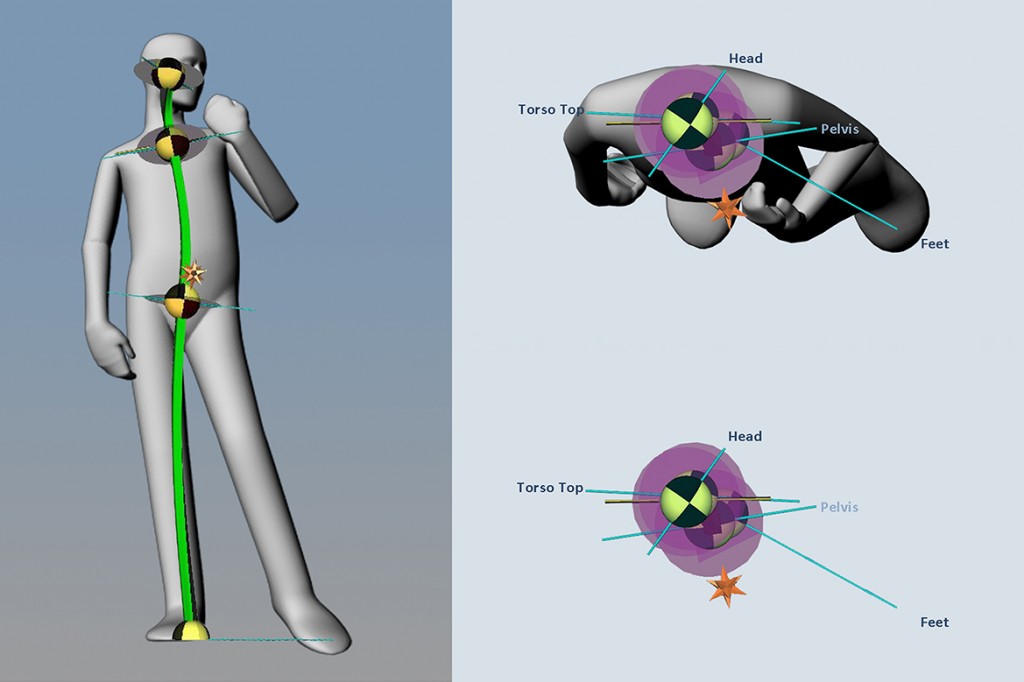



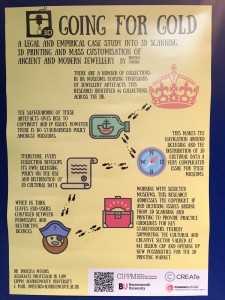


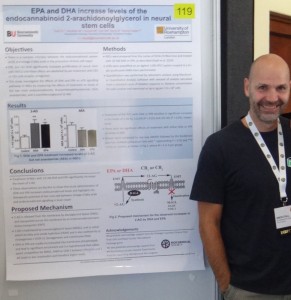

 The studies complement work recently published by
The studies complement work recently published by 










 FHSS academics teaching in Nepal
FHSS academics teaching in Nepal New weight change BU paper
New weight change BU paper One week to go! | The 16th Annual Postgraduate Research Conference
One week to go! | The 16th Annual Postgraduate Research Conference Geography and Environmental Studies academics – would you like to get more involved in preparing our next REF submission?
Geography and Environmental Studies academics – would you like to get more involved in preparing our next REF submission? Congratulations to three former BU staff
Congratulations to three former BU staff MSCA Staff Exchanges 2024 Call – internal deadline
MSCA Staff Exchanges 2024 Call – internal deadline Applications are now open for 2025 ESRC Postdoctoral Fellowships!
Applications are now open for 2025 ESRC Postdoctoral Fellowships! Horizon Europe – ERC CoG and MSCA SE webinars
Horizon Europe – ERC CoG and MSCA SE webinars MaGMap: Mass Grave Mapping
MaGMap: Mass Grave Mapping ERC grants – series of webinars
ERC grants – series of webinars